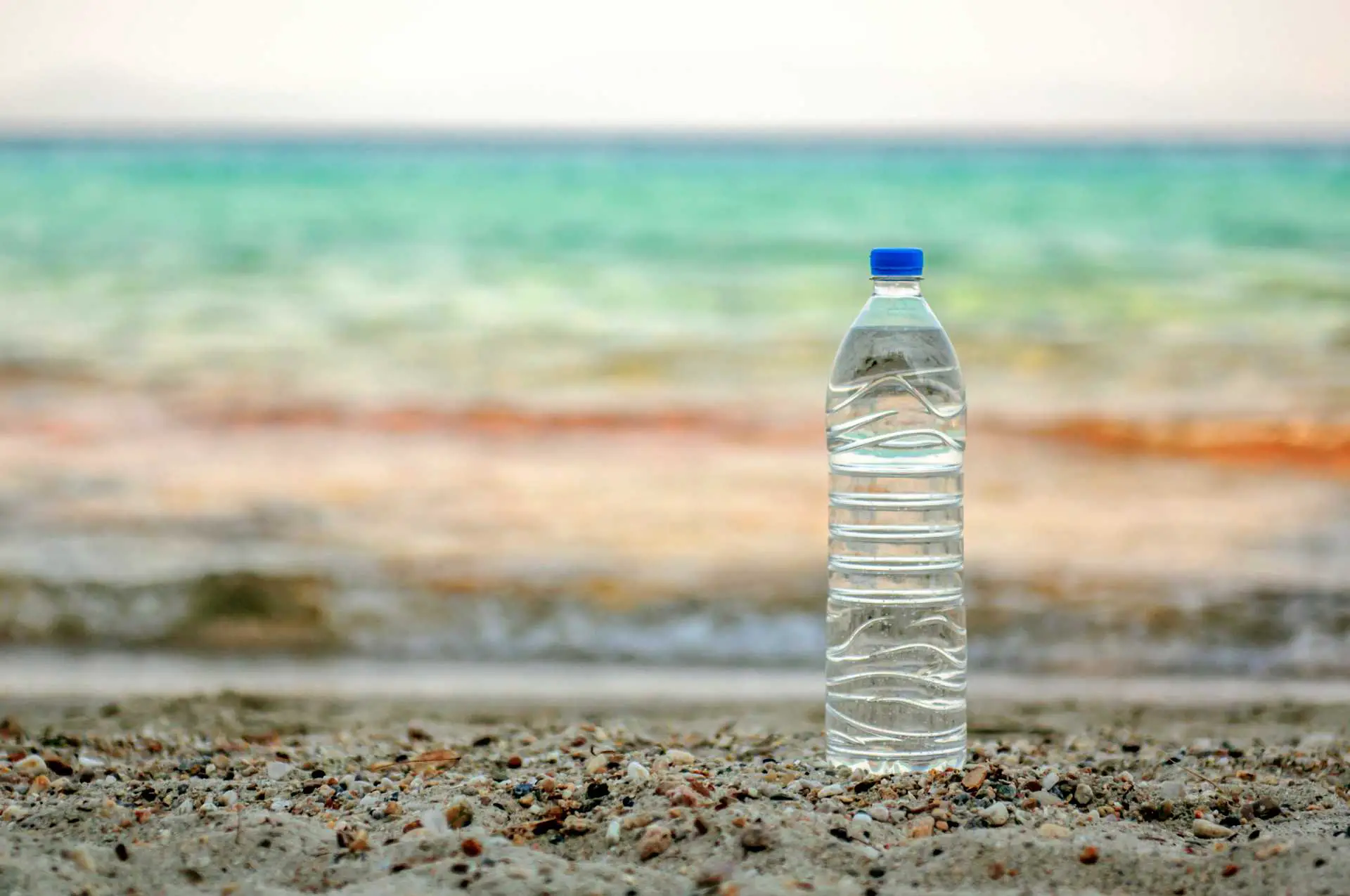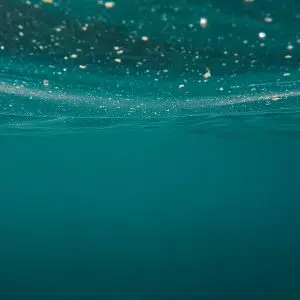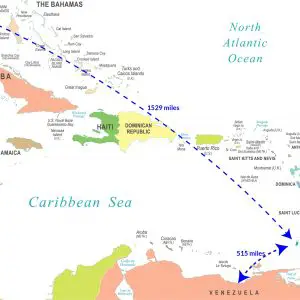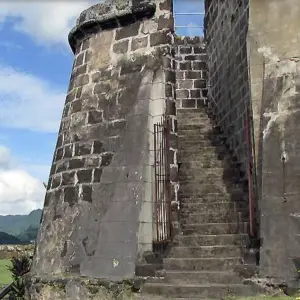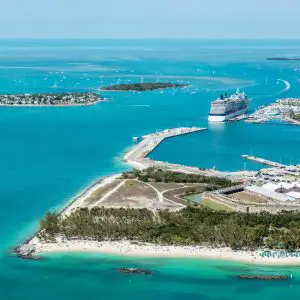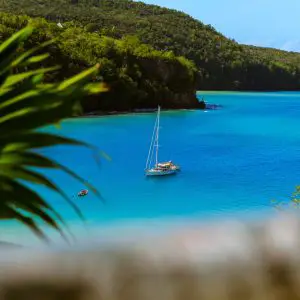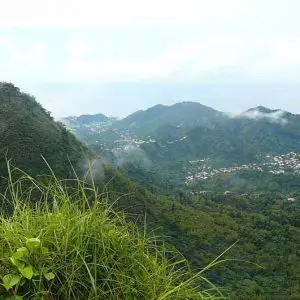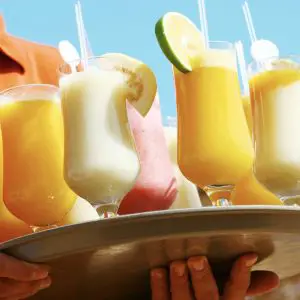Grenada is a gorgeous country and a popular destination for weddings and vacations. That said, it also gets very hot, especially during the summer. Since staying hydrated is so important, you might be wondering if it’s safe to drink Grenada’s tap water. I was also wondering so did some digging. Let’s get the facts.
Is it safe to drink the tap water in Grenada? According to NAWASA (National Water & Sewerage Authority), the organization that treats Grenada’s water, Grenada’s water is “safe for human consumption”. Many in the hospitality field in Grenada will recommend you drink bottled water because visitors’ bodies are not accustomed to Grenada water. Carriacou, Petite Martinique and the other small islands do not have treatment facilities. Instead, these islands harvest and store rainwater for potable use. Best to opt for bottled water when visiting these smaller islands as well.
Whether this is your first time traveling or you’re a seasoned traveler, you’ve likely heard of “Montezuma’s Revenge” and it just may be the reason you are questioning the safety of Grenada’s drinking water in the first place.
Montezuma’s Revenge: diarrhea suffered by travelers, especially visitors to Mexico.
Dictionary.com
The purpose of this article is to share the information I learned about Grenada’s drinking water. I do not advise for or against your consumption of Grenada’s tap water. That is a decision you and only you can make. – Ralf

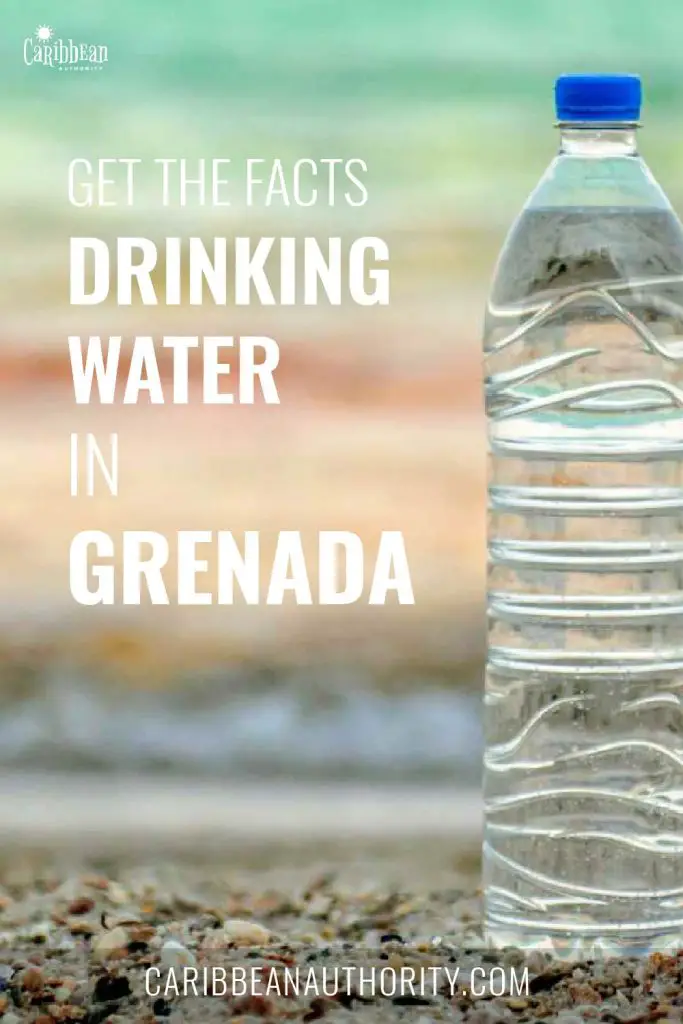
The Sources of Grenada’s Drinking Water
Local Water Treatment Facility
The majority of Grenada gets its drinking water from the NAWASA (National Water and Sewerage Authority). Just like many communities throughout the world, Grenada relies on its local water treatment facility, NAWASA, to treat and distribute local sources of water for drinking purposes.
I’m sure I’m oversimplifying the process, but here’s the gist of how NAWASA treats the water:
- 95% of the water is obtained from protected springs and other surface sources (rivers) while 5% comes from underground borehole wells.
- Depending on the source of the water, one or more of the following treatments are applied: Coagulation, Flocculation, Sedimentation, Filtration, and Disinfection (this is where the chlorination occurs).
The final stage is the addition of chlorine to the filtered water which is called disinfection. This process inactivates or kills the remaining bacteria, thus rendering the water safe for human consumption. From this point the treated water is transmitted and then distributed to customers.
NAWASA
On occasion, there is a disruption in providing water to the parishes throughout Grenada, which NAWASA communicates via its Facebook page. This usually happens during periods of excessive rain (e.g. the rainy season) when the water exceeds capacity. During this time NAWASA urges the public to collect and store water in advance of the outage so it’s available during the outage.
If you’re thinking “wow, what a pain in the a$$ that must be”, you’re right! Just check out the comments on NAWASA’s Facebook page. Yikes.
Stored Rainwater
Be aware that tap water in some smaller towns on the island could be stored rainwater, especially during times of service disruption as mentioned above, so best to opt for bottled water in these cases.
Carriacou, Petite Martinique, and the other Small Islands in Grenada
Since Carriacou, Petite Martinique, and the other small islands surrounding Grenada do not have natural water sources, they rely on the harvesting and storage of rainwater for their potable water needs. Given the less certainty of “safe” drinking water, best to opt for bottled water when visiting these islands.
Alternatives to Tap Water in Grenada
If you decided you’re not taking any chances of getting sick by drinking the tap water, you have many alternatives to choose from. Here are a few:
Bottled Water
Of course, bottled water is always a good choice. It’s cheap in Grenada, and easy to find as well. In my opinion, this is probably your best bet when it comes to staying hydrated in Grenada.
Distilled Water
Distilled water is another potential alternative, and you’ll likely need it if you use a CPAP machine to sleep at night. Once again, distilled water is pretty easy to find. You can buy it in almost any supermarket or pharmacy on the island. Just be aware that the taste of distilled water is, well, yucky. Impurities are removed along with minerals that naturally give water a certain “taste” so the absence of these elements renders the water’s taste rather flat.
Yucky: thoroughly unappetizing, disgusting, or repugnant.
Dictionary.com
LifeStraw
If neither of these appeals to you, you can also try using a LifeStraw. LifeStraw is a handy device that actually filters the water as you’re drinking through it. It’s portable, easy to use, and relatively inexpensive.

Check out prices for LifeStraw on Amazon.
SteriPEN
Finally, there’s the SteriPEN. Like the LifeStraw, this is a great tool for travelers in general. The SteriPEN uses UV light to purify water. This kills up to 99.999 percent of bacteria.

Bottled water companies typically use something similar, so there’s a good chance you’ve benefitted from this kind of technology without realizing it.
Check out prices for SteriPEN on Amazon.
Are Grenada’s Other Beverages Safe?
Grenada is famous for its rum distilleries. In fact, there’s a good chance you have a visit to one of the distilleries on your list when you visit Grenada! Most of the country’s adult beverages are perfectly safe. However, there are a couple of things you need to be aware of.
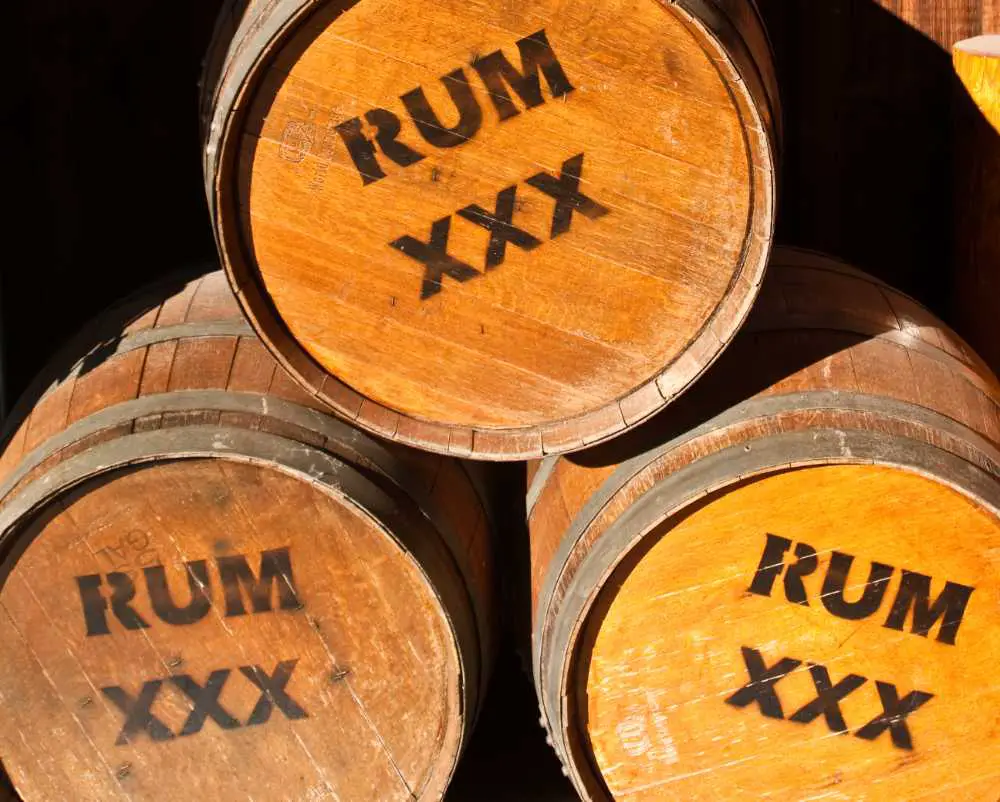
First, the River Antoine rum distillery features drinks with a 75 percent alcohol content. That’s intense. If you buy it, make sure the country you’re going to next will let you take it through customs. Many countries won’t. They also sell a “less-potent” 69 percent version, but that probably won’t make it through either.
Also, there are many local bars that offer something known as pain killer cocktails. These drinks have incredibly high alcohol content, and some might even contain a few “under the counter” ingredients.
It’s probably a good idea to stay away from these drinks. They’re enough to make even experienced drinkers extremely sick.
Furthermore, you might be wary of drinking beverages that contain ice for the reasons mentioned above. Other drinks such as coffee, tea, and carbonated beverages are perfectly safe in Grenada.
What About the Food in Grenada? Is it safe?
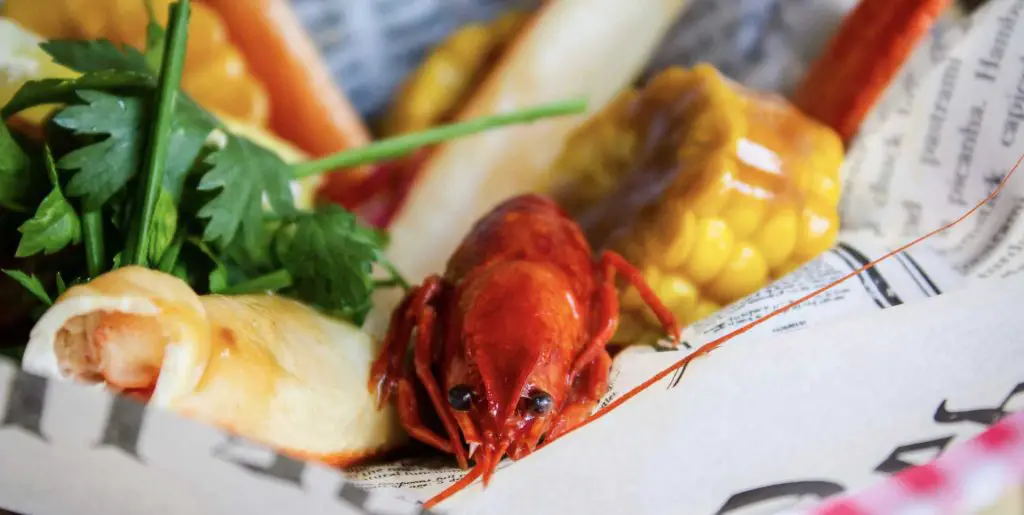
You’ll be happy to know that Grenada’s food is not only safe–it’s delicious as well. There are many excellent places to eat in Grenada, and everyone takes great care to make sure the food is properly prepared.
However, there’s still the question of street food. You will find quite a few vendors on the streets of Grenada. If you are concerned worried about how the food will affect you, the best thing to do is avoid it.
The Centers for Disease Control and Prevention recommends avoiding street food in Grenada to prevent traveler’s diarrhea. On the other hand, most people who’ve visited the country had no trouble with eating Grenada’s street food.
In this case, you’re going to have to use your best judgment. If you do decide to eat the street food, try to eat from vendors that the locals recommend. This can help minimize your chances of getting sick.
By the way, I did extensive research on the cost of food in Grenada (not all of us are staying at an all-inclusive! If you’re planning a trip to Grenada this article is a must=read: Cost of Food in Grenada + Tips to Avoid Busting your Food Budget.
Other Grenada Safety Concerns
You’ll be happy to know that the US Department of State gave Grenada a level-one rating for safety. That makes it among the safest places to travel in the world. Still, there are a few things you should be aware of.
I wrote an entire article about safety in Grenada: Is Grenada Safe for Tourists? Check it out.
Crime
When it comes to crime, Grenada is safer than some of the larger US cities such as New York or Los Angeles. However, you should still exercise the same level of caution as you would anywhere else. Be aware of your surroundings and try to avoid isolated areas.
Also, please note that some people might try to ask you for money. In these situations, it’s best to politely decline and move on.
Illness
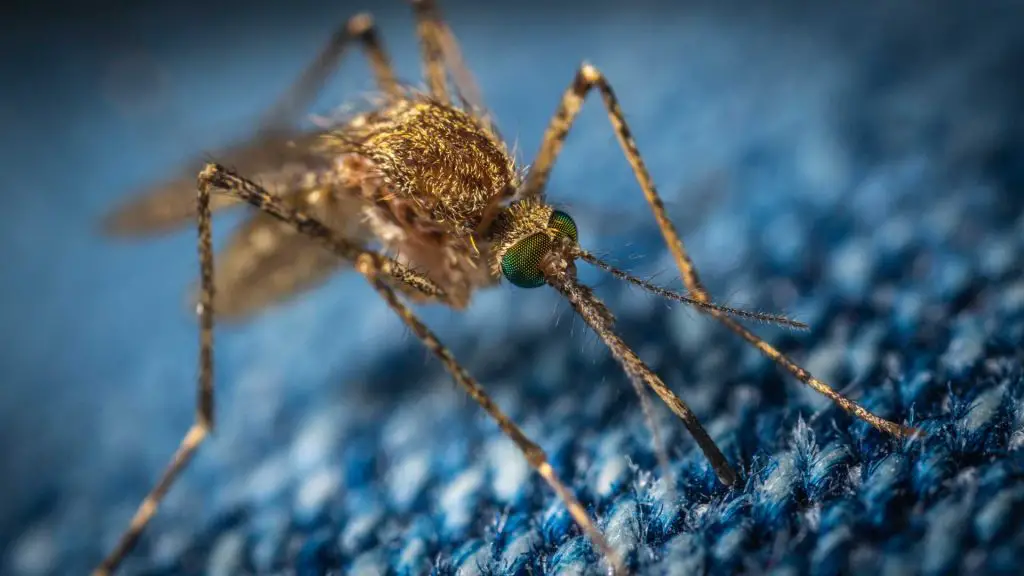
Photo courtesy of Егор Камелев on Unsplash
Unfortunately, Dengue fever outbreaks do happen occasionally in this country. These are caused by mosquito bites. A few of the things you can do to protect yourself include wearing long sleeves, closed-toed shoes, and high-quality insect repellant.
It’s also a good idea to make sure you’re up to date with all the standard vaccinations. Most importantly, you’re required to have a yellow fever vaccination certificate if you arrive from an area where yellow fever is common.
Questions about Zika? What about Yellow Fever? I got you covered. Check out this article which covers the illnesses you should and shouldn’t worry about and how to protect yourself either way: Don’t Let These Insects Ruin Your Trip to Grenada.
Natural Disasters
No Caribbean island is 100% safe from hurricanes, particularly during the months of June to November. You’ll be happy to know that statistically, Grenada suffers hurricane hits MUCH less often than other islands. When a tropical storm does hit Grenada, you can expect some flooding in low-lying areas such as St. George and Hillsborough.
I wrote about hurricanes and Grenada extensively in this article: Do Hurricanes Hit Grenada?. Check it out!
Final Thoughts
Learning about the safety of drinking water wherever you travel is an important step in planning your trip. Your decision whether or not to drink tap water while traveling is a personal one and should be based not only on the facts you gather about the travel destination but also your comfort level with risk.
If you decide not to drink the water in Grenada, you know there are options including bottled water and water filtering and purification devices like LifeStraw and SteriPEN.
Happy Planning!
